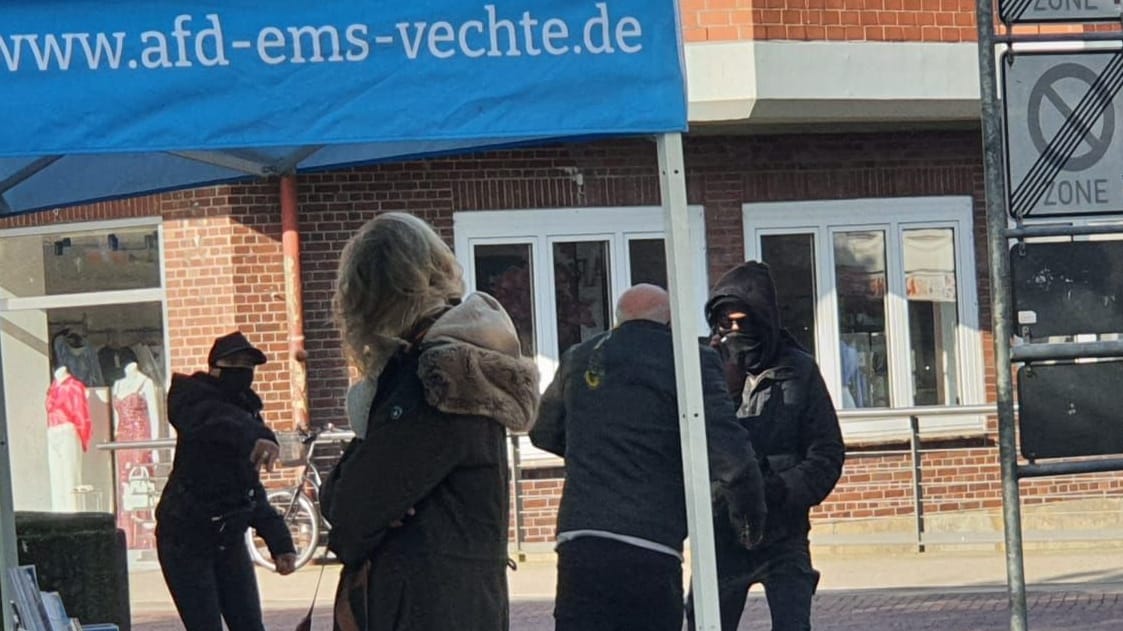Dexter Reed’s death at the hands of Chicago police officers in Humboldt Park provoked a range of emotions among city residents — from outrage about Reed’s killing to confusion around his interaction with the officers and sympathy for the officer wounded when Reed allegedly fired a gun from within his car. Ongoing investigations will, we hope, bring additional facts to light.
The death of Reed made one thing very clear: Chicago police must end the use of pretextual traffic stops, which aggressively target Black and brown drivers in the city. Mayor Brandon Johnson and police Superintendent Larry Snelling should not wait for the Reed investigation to conclude to abandon this failed strategy.
Pretextual traffic stops are those in which officers use minor offenses, such as a broken taillight, as an excuse to search for evidence of serious crime. In more than 99% of traffic stops, Chicago police do not find such evidence, according to data that the Chicago Police Department collects and reports under the Illinois Traffic and Pedestrian Stop Statistical Study Act. In about 95% of stops, they issue no ticket. Instead, officers demand to know if the driver has a gun or pressure the driver to agree to a search of their car. After the officers don’t turn up any contraband, they let the driver go. These stops target Black and brown motorists, leaving them feeling frightened and discriminated against and worried about a deadly encounter with police.
The use of traffic stops by Chicago police exploded from about 86,000 traffic stops in 2015 to more than 500,000 in 2022 and 2023. What explains a nearly 500% increase in traffic stops?
First, CPD substituted traffic stops for pedestrian stop-and-frisk. Stop-and-frisk, another failed policing strategy, largely targeted Black and brown Chicago residents with little benefit to public safety. In 2015, the city of Chicago reached an agreement with the American Civil Liberties Union of Illinois to regulate the use of stop-and-frisk by its police officers. After the ACLU agreement, pedestrian stops dramatically decreased, but traffic stops increased.
Second, since 2016, Chicago police targeted the South and West sides of the city for increased traffic stops because they believe, wrongly, that traffic stops are an effective tool to fight gun violence. But data establishes that traffic stops do not decrease serious crimes.
Related Articles
Laura Washington: We know one thing from the Dexter Reed shooting. Driving while Black is a systemic problem.
David Greising: The consent decree was designed to prevent disasters such as the Dexter Reed shooting
CPD’s mass traffic stop program drives a wedge of distrust between police and communities they serve. Rather than viewing the police as allies, many drivers of color see the police as an obstacle to getting to school or to work or picking up children from day care. They know that pretextual traffic stops are fishing expeditions.
The community’s distrust is accentuated by the fact that many of these pretextual traffic stops are conducted not by beat officers but by tactical teams meant to address gun violence and other serious crimes. The officers who shot Reed were part of such a unit. The images of plainclothes tactical officers jumping out of their vehicle with their weapons pointed at Reed are not an anomaly. In fact, media reports indicate that their tactics in conducting traffic stops had been the subject of multiple previous complaints. This is unsurprising. When officers stop a vehicle on a pretext to search for guns, their adrenaline pumps and their actions are bound to be more confrontational than if their goal is to, say, ensure that drivers fully stop at an intersection.
The video of the stop of Reed demonstrates this truth. The officers quickly escalated the encounter, drawing their guns, rattling his door handle and shouting increasingly angry, profanity-laced orders. This was directed to a motorist allegedly suspected of not wearing a seat belt.
When a federal court approved a consent decree to oversee reform of CPD five years ago, residents of the city were promised a new approach to policing. The decree, unfortunately, has not changed the way CPD officers do their jobs. It has become a “check box” endeavor for CPD and the city.
At his inauguration, Mayor Brandon Johnson remarked that “a safe Chicago means a safe Chicago for all. No matter what you look like, who you love or where you live.”
Living up to that aspiration means making sure that every resident of Chicago feels safe not only from violence, but also from police harassment. A first step is to ban pretextual traffic stops by Chicago police officers.
The mayor should not wait for the next tragedy.
Alexandra Block, a lawyer, is director of the Criminal Legal System and Policing Project at the American Civil Liberties Union of Illinois.
Submit a letter, of no more than 400 words, to the editor here or email letters@chicagotribune.com.





